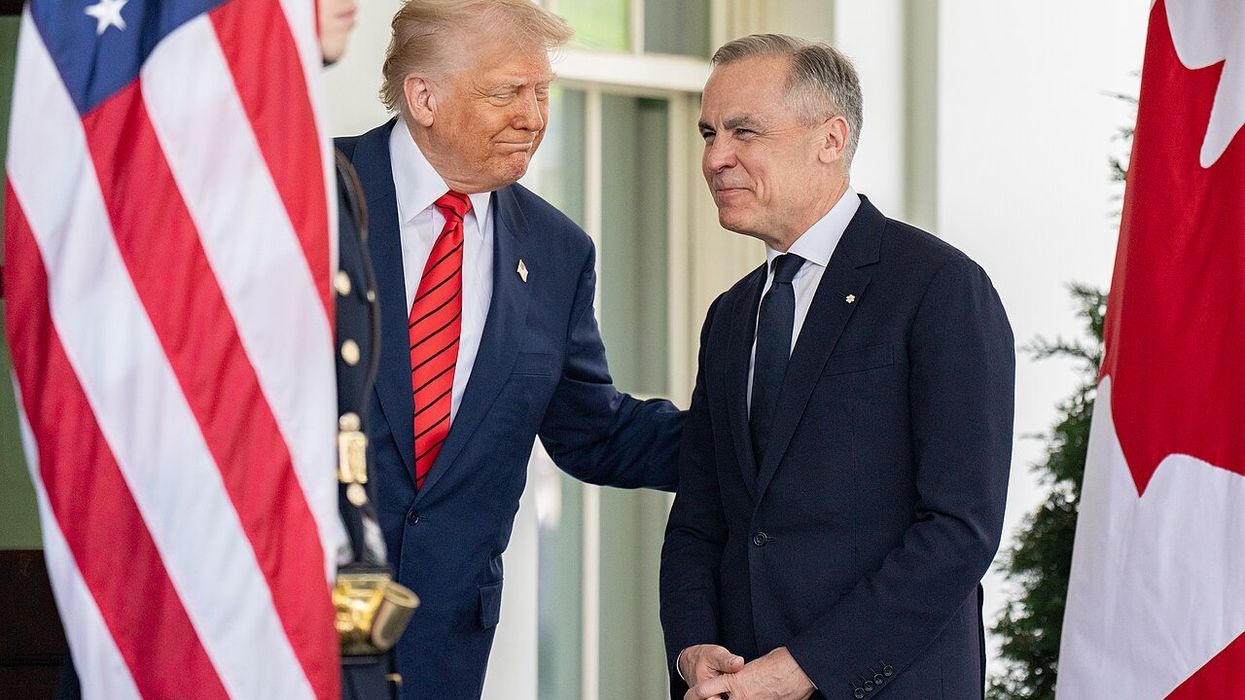The 2025 G7 Summit is scheduled for June 15-17 in Kananaskis, Alberta in Canada. And despite tensions between him and Canada because of his trade war, Assistant White House Press Secretary Jennifer Jacobs says he will be there.
In a May 22 post on X, formerly Twitter, Jacobs wrote, "Trump plans to go to the G7 in Canada next month, @PressSec says."
But according to The Conversation, Trump may not be able to enter Canada legally because of his criminal record.
READ MORE: 'Opposite of apartheid': Here are 5 bombshell moments from Trump’s meeting with SA president
In 2024, Trump was facing four criminal indictments, although only one of them went to trial: Manhattan District Attorney Alvin Bragg Jr.'s hush money/falsified business records case. And a jury found him guilty on 34 criminal counts.
In an article published by The Conversation on July 2, 2024, The Conversation delved into Canadian law and the implications for Trump.
The Conversation noted, "So how does Canadian law respond to a potential American president who’s a convicted felon?.... At first blush, Canadian immigration law provides an easy answer: anyone convicted of a criminal offence is inadmissible. But there are several reasons why this simple rule may not prevail for Donald Trump."
The Conversation continued, "In the case of convictions outside of Canada, the first step to consider is whether the offence in question is also an offence in Canada. Trump has been convicted of 34 felony counts, though he's pushing for the convictions to be overturned in the wake of the United States Supreme Court's ruling that granted him immunity from prosecution for acts he committed while president."
READ MORE: 'Gonna look kind of bad': ABC News head told 'The View' hosts to tone down Trump criticism
In its Trump v. the United States decision, the U.S. Supreme Court ruled that presidents enjoy immunity from prosecution for "official" acts committed while in office but not for unofficial acts.
The four criminal indictments Trump was facing in 2024 ended when he narrowly defeated Democratic nominee Kamala Harris in the United States' 2024 election. Then-special counsel Jack Smith asked Judge Tanya Chutkan to dismiss his federal election interference case against Trump, citing the U.S. Department of Justice's (DOJ) policy against prosecuting a sitting president—although he didn't believe the High Court's immunity ruling invalidated his two cases against Trump.
READ MORE: Is every nationalist a potential fascist? A historian weighs in


